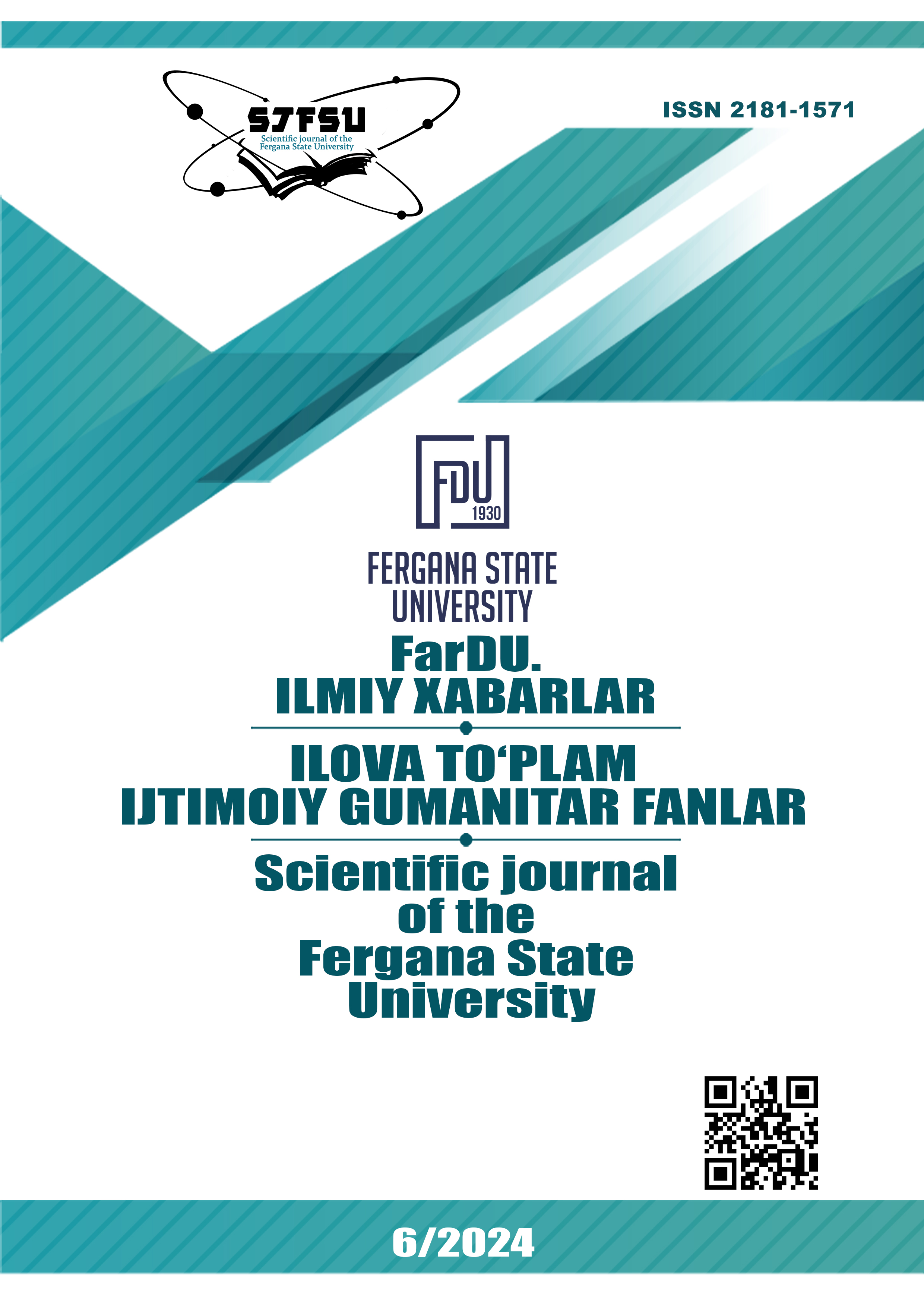THE THEORY OF LINGUISTIC RELATIVITY AND ITS REFLECTION IN TED CHIANG’S “STORY OF YOUR LIFE”
Keywords:
Theory of linguistic relativity, Sapir-Whorf, Ted Chiang, science fiction, language and thought, time and perception.Abstract
This article explores the application of the theory of linguistic relativity in Ted Chiang's science fiction story "Story of Your Life" (1998). The core principles of the Sapir-Whorf hypothesis and their interpretation in a literary context are examined. The analysis focuses on how the language of aliens influences the protagonist's perception of time and consciousness, reflecting ideas about the interrelation between language and thought. The research is based on recent studies in linguistics, philosophy of language, and literary criticism. The author emphasizes the significance of science fiction in addressing complex linguistic and philosophical concepts.
References
Сепир Э. Избранные труды по языкознанию и культурологии. — М.: Прогресс, 1993. — 656 с.
Блум П. Психолингвистика и теория языка. — СПб.: Питер, 2004. — 320 с.
Хомский Н. Аспекты теории синтаксиса. — М.: Логос, 1972. — 423 с.
Лем С. Фантастика и футурология. — М.: Мир, 1968. — 384 с.
Робертс А. История науки в научной фантастике. — Лондон: Palgrave Macmillan, 2006. — 276 p.
Chiang T. Stories of Your Life and Others. — New York: Tor Books, 2002. — 281 p
Downloads
Published
Issue
Section
License
Copyright (c) 2025 Scientific journal of the Fergana State University

This work is licensed under a Creative Commons Attribution-NonCommercial-NoDerivatives 4.0 International License.
How to Cite
Most read articles by the same author(s)
- Дилшоджон Турдалиев , MASLENITSA HOLIDAY AS A REFLECTION OF PAGANISM AND CHRISTIAN TRADITIONS IN SLAVIC CULTURE , Scientific journal of the Fergana State University: No. 1 (2025): FarDU ilmiy xabarlari jurnali (FILOLOGIYA)

